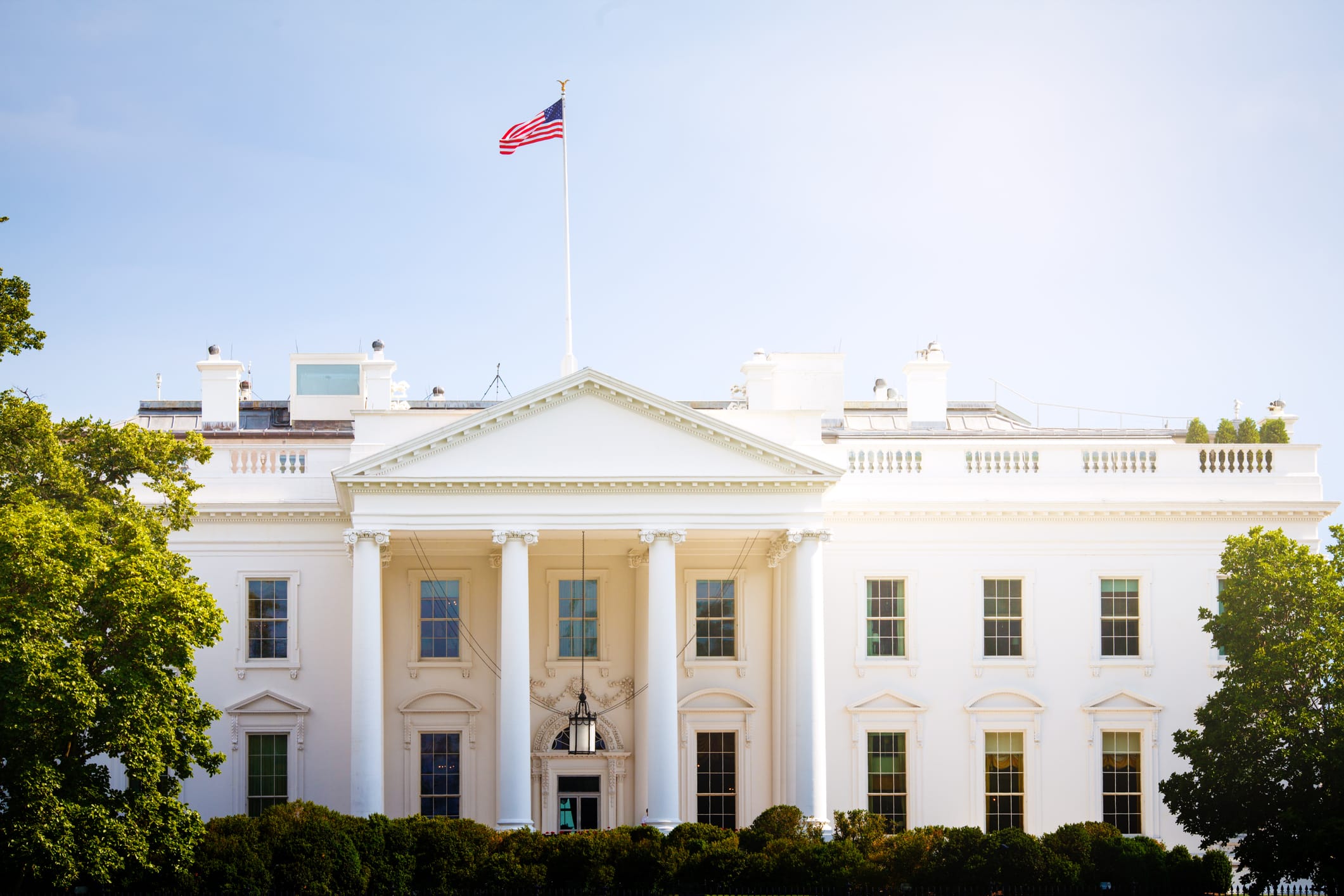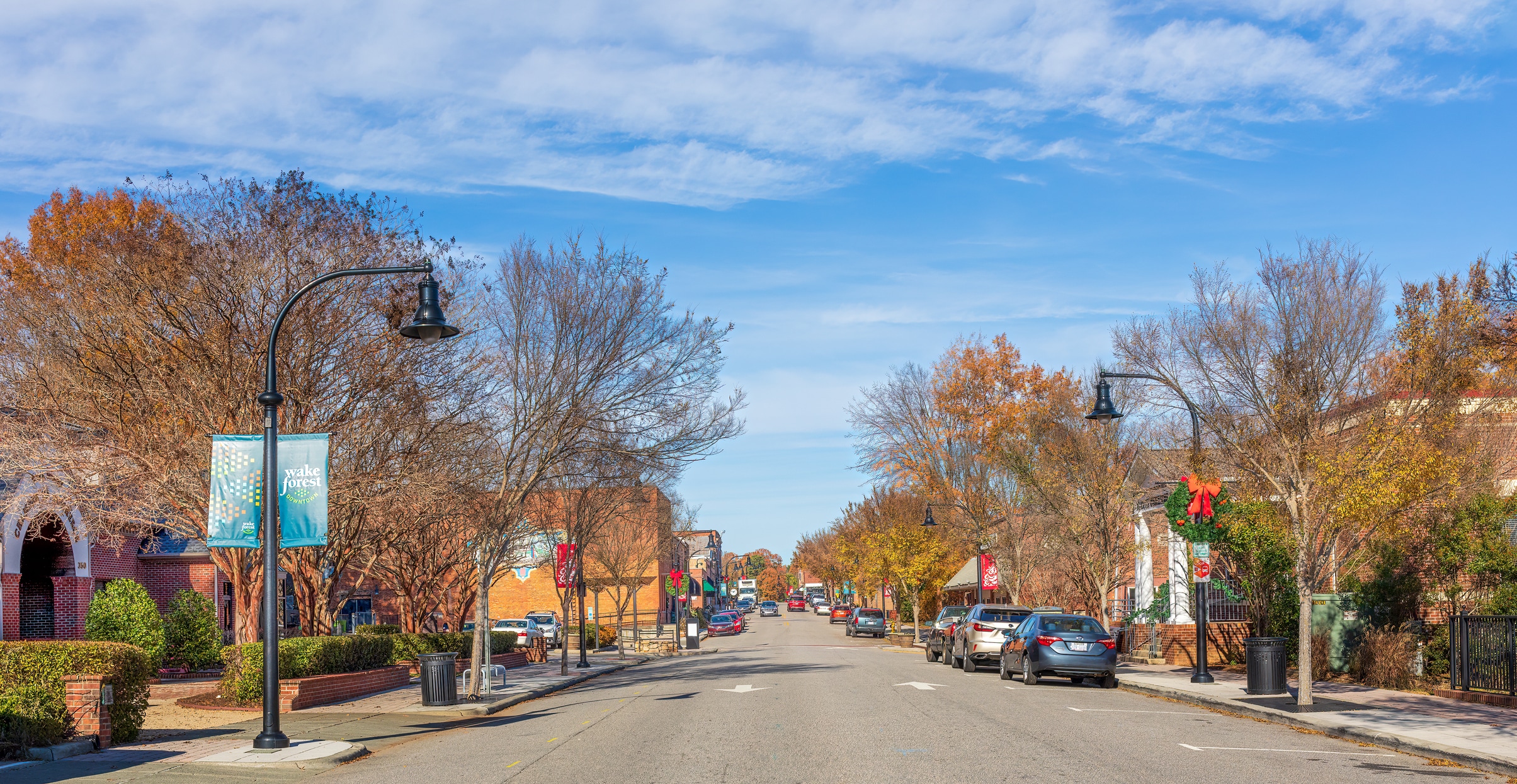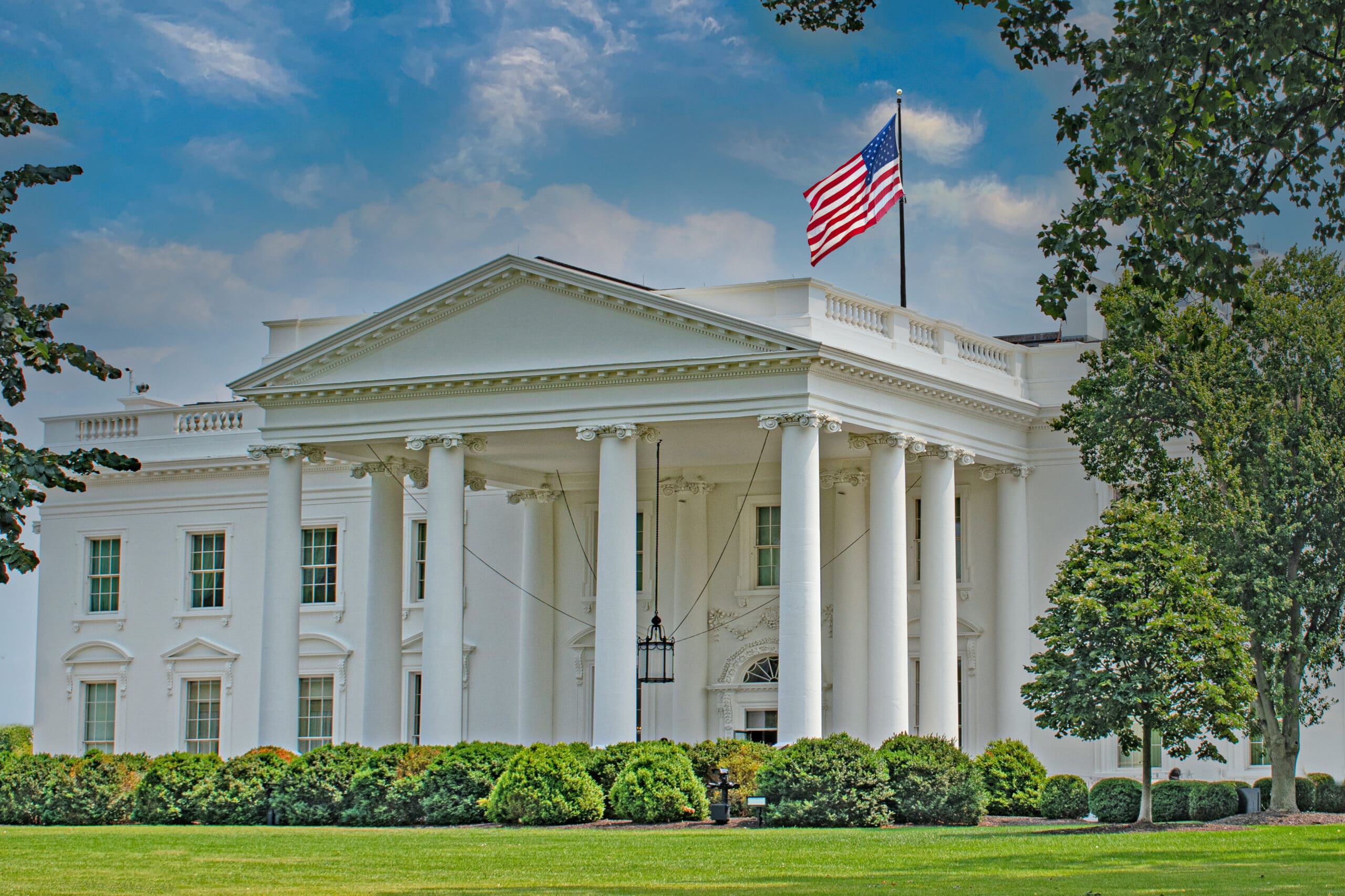The latest Emerson College Polling/8 News Now/The Hill survey of voters finds 42% of voters support Adam Laxalt for US Senate, while 41% support incumbent Democrat Catherine Cortez Masto. Eleven percent are undecided, and 4% plan to vote for someone else. Since the July Emerson Nevada poll, Cortez Masto’s support has decreased by three points while Laxalt’s support has increased by one point. Regardless of whom they support, 54% expect Senator Cortez Masto to win while 46% expect Laxalt to win.
Spencer Kimball, Executive Director of Emerson College Polling, said, “Men and women break nearly in opposite directions; male voters break for Laxalt by six and women voters break for Cortez Masto by seven. Additionally, Cortez Masto holds a 19-point lead among Hispanic voters and 27-point lead among Black voters, whereas Laxalt leads White voters by 9.”
In the gubernatorial election, 40% plan to vote for incumbent Democrat Steve Sisolak and Republican Joe Lombardo respectively. Twelve percent are undecided, and 4% plan to support someone else. Since the July Emerson poll, Sisolak’s support has decreased by four points while Lombardo’s support has held at 40%. A majority of voters (52%) expect Governor Sisolak to remain in office next year, while 48% expect Lombardo to win the gubernatorial election.
On the generic congressional 2022 ballot, 46% of voters plan to support the Republican candidate while 43% plan to support the Democratic candidate. Nine percent are undecided.
A majority of Nevada voters (53%) disapprove of the job that Joe Biden is doing as President, while 37% approve. Ten percent (10%) are neutral or have no opinion. In a 2024 hypothetical matchup between President Biden and former President Trump, 43% would support Trump and 40% would vote for Biden.
Forty-percent (40%) of Nevada voters say the recent FBI search of Mar-a-Lago makes them more likely to support Donald Trump if he runs for President in 2024, 32% are less likely, and 28% say it makes no difference. The share of individuals who say the search makes them more likely to support Trump is ten points higher in Nevada than in the Emerson August national poll.
The economy is the most important issue to 42% of Nevada voters when determining their vote, followed by abortion access (18%), healthcare (9%), immigration (8%), crime (5%), water supply (4%), and education (3%).
Following the overturning of Roe v. Wade, half of Nevada voters (50%) say this decision makes them much more likely (43%) or somewhat more likely (7%) to vote in the 2022 Midterm Elections while 47% say it makes no difference on their vote. Three percent are less likely to participate because of the Supreme Court’s decision.
While only 4% of voters say that Nevada’s water supply is the top issue determining their vote, 89% say that Nevada’s water supply is a very (62%) or somewhat (27%) serious problem. Sixty-two percent think state and local governments are the most responsible for solving water supply issues in Nevada, while 18% think the federal government is most responsible for solving current and future water supply issues in Nevada.
A plurality of Nevada voters (39%) favor the government giving parents tax-funded vouchers they can use to help pay for tuition for their children to attend private or religious schools of their choice instead of public schools, while 34% oppose the measure, and 18% neither favor nor oppose these government vouchers. Nine percent have never heard of the issue.
When asked which statement comes closest to your view on student loan debt forgiveness: 61% agreed with the statement “taxpayer money should not be used to pay off student loans”, while 39% agreed with the statement “Americans and our economy will benefit from student loan forgiveness.”
Caller ID
The Emerson College Polling Nevada poll of likely voters was conducted September 8-10, 2022. The sample consisted of somewhat or very likely voters, n=1,000, with a Credibility Interval (CI) similar to a poll’s margin of error (MOE) of +/- 3 percentage points. The data sets were weighted by gender, age, education, party registration, region and race/ethnicity based on 2022 turnout modeling. It is important to remember that subsets based on gender, age, education, and race/ethnicity carry with them higher margins of error, as the sample size is reduced. Data was collected using a cellphone sample using SMS-to-web, Interactive Voice Response (IVR) system of landlines, web survey via email, and an online panel.
VIEW INTERACTIVE REPORT







